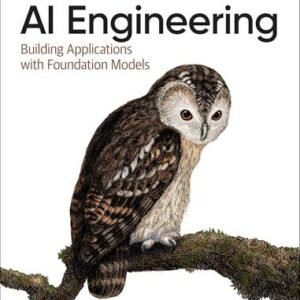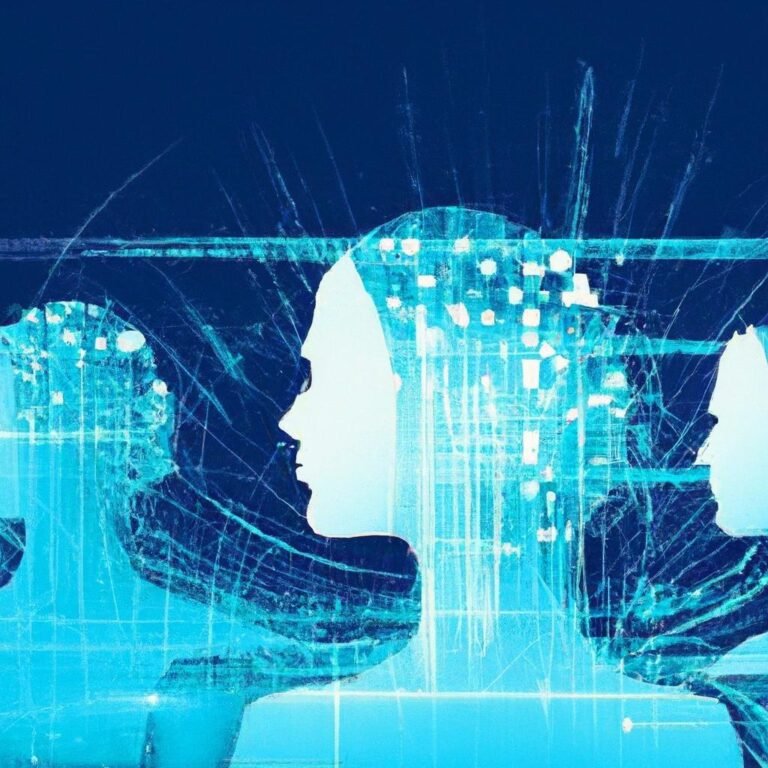In today’s rapidly evolving corporate landscape, organizations are continuously seeking ways to enhance efficiency, improve decision-making, and foster a competitive edge. Artificial intelligence (AI) has emerged as a transformative force within the realm of Human Resources (HR), fundamentally reshaping how companies approach recruitment and training. By leveraging AI technologies, businesses can streamline recruitment processes, reduce time-to-hire, and enhance candidate experiences, all while ensuring a more data-driven approach to talent acquisition. Additionally, AI-driven training programs offer personalized learning experiences that adapt to individual employee needs, fostering continuous development and improving workforce capabilities. This article explores the pivotal role of AI in transforming HR practices, with a focus on the innovative tools and strategies that are redefining recruitment and training in organizations today. Join us as we delve into the benefits, challenges, and future implications of integrating AI into HR processes, propelling businesses towards a more competent and agile workforce.
Table of Contents
- Revolutionizing Recruitment Processes through AI Technologies
- Enhancing Candidate Experience with AI-Driven Solutions
- Optimizing Training Programs with Intelligent Learning Systems
- Measuring Success: Key Metrics for AI Implementation in HR
- Wrapping Up
Revolutionizing Recruitment Processes through AI Technologies
Artificial Intelligence is reshaping traditional recruitment methodologies by streamlining processes and enhancing the candidate experience. AI-driven tools can sift through vast amounts of applications, utilizing algorithms that evaluate qualifications against job specifications, thereby reducing the time spent on initial screenings. This technology also minimizes human bias by focusing solely on skill sets and experience, which fosters a more equitable hiring process. Key applications include:
- Automated Resume Screening: Leveraging natural language processing to identify the best matches for job openings.
- Chatbots for Candidate Engagement: Facilitating immediate communication and answering FAQs, which improves candidate satisfaction.
- Predictive Analytics: Analyzing data to forecast candidate success and retention rates based on historical hiring patterns.
Moreover, the integration of AI can enhance training programs by personalizing learning experiences based on individual performance and learning styles. With machine learning algorithms, companies can assess employees’ skills and identify gaps, leading to tailored training modules that address specific needs. This proactive approach not only improves employee engagement but also boosts productivity across teams. Below is a brief comparison of traditional versus AI-enhanced training methods:
| Traditional Training Methods | AI-Enhanced Training Methods |
|---|---|
| One-size-fits-all approach | Customized learning paths |
| Static content delivery | Dynamic, adaptive content |
| Limited feedback mechanisms | Real-time performance analytics |
Enhancing Candidate Experience with AI-Driven Solutions
Incorporating AI-driven solutions into the recruitment process can significantly enhance the candidate experience, leading to a more engaging and efficient hiring journey. By utilizing AI, organizations can streamline communication and provide candidates with timely updates throughout the recruitment cycle. For instance, AI-powered chatbots can handle frequently asked questions, ensuring that candidates receive immediate support without the need for human intervention. This not only improves the overall efficiency but also gives candidates a sense of being valued and informed.
Moreover, AI tools can personalize the candidate experience by tailoring job recommendations based on individual qualifications and interests. Advanced algorithms analyze a candidate’s resume and online presence, enabling organizations to present opportunities that align with their skills and aspirations. Key benefits include:
- Reduced time-to-hire by accelerating the screening process.
- Enhanced engagement through personalized interactions.
- Improved candidate quality by matching skills with suitable roles.
Optimizing Training Programs with Intelligent Learning Systems
- Real-time Feedback: Continuous assessment of employee performance to refine training content.
- Adaptive Learning Paths: Customizable training trajectories based on individual learning styles and pace.
- Data-Driven Insights: Comprehensive analysis to inform program adjustments and optimize outcomes.
| Benefit | Impact |
|---|---|
| Increased Employee Engagement | +40% participation rates |
| Accelerated Skill Acquisition | +30% faster learning curve |
| Improved Retention Rates | +50% knowledge retention |
Measuring Success: Key Metrics for AI Implementation in HR
To evaluate the effectiveness of AI tools in Human Resources, organizations must focus on specific key performance indicators (KPIs) that align with their strategic goals. These metrics not only provide insight into the success of AI implementations but also guide future enhancements and investments. Some critical metrics to monitor include:
- Time-to-Hire: Reduction in the time it takes to fill open positions can indicate effective AI-driven recruitment processes.
- Quality of Hire: Utilizing AI for assessments and evaluations can improve the overall quality of new hires, assessed through performance and retention rates.
- Candidate Satisfaction: Measuring feedback from candidates on the recruitment process can reveal the user-friendliness of AI interfaces.
- Training Efficiency: Tracking time spent on training and employee engagement can help assess the impact of AI technologies on skill development.
Furthermore, analyzing data from AI-driven HR initiatives can uncover trends that inform strategic decisions. For instance, by utilizing predictive analytics, organizations can anticipate turnover rates and skill gaps, allowing for proactive talent management. The following table depicts potential metrics for assessing the impact of AI on recruitment and training:
| Metric | Target Outcome |
|---|---|
| Applicant Conversion Rate | Increase by 20% |
| Employee Training Completion Rate | Achieve 95% completion rate |
| Candidate Drop-off Rate | Reduce by 30% |
| Employee Engagement Score | Raise score by 10% |
Wrapping Up
As we navigate the evolving landscape of human resources, the integration of artificial intelligence stands out as a pivotal advancement that is reshaping recruitment and training processes. By harnessing the capabilities of AI, organizations can streamline their talent acquisition strategies, enhance candidate experiences, and facilitate personalized learning pathways for employee development. The potential for increased efficiency, reduced bias, and more informed decision-making positions AI not only as a vital tool for HR professionals but as a strategic partner in driving organizational success.
Looking ahead, it is essential for companies to remain agile, embracing technological innovations while fostering a culture that values human connection and collaboration. As we continue to unravel the possibilities presented by AI, the challenge will lie in balancing automation with the irreplaceable human elements of empathy, creativity, and insight that define effective human resource management. By strategically integrating AI into HR practices, organizations can pave the way for a future where human capital thrives alongside cutting-edge technology, ultimately leading to a more engaged, skilled, and diverse workforce. In this journey, the role of HR will be pivotal, ensuring that the evolution sparked by AI is not just about technology, but about people.





